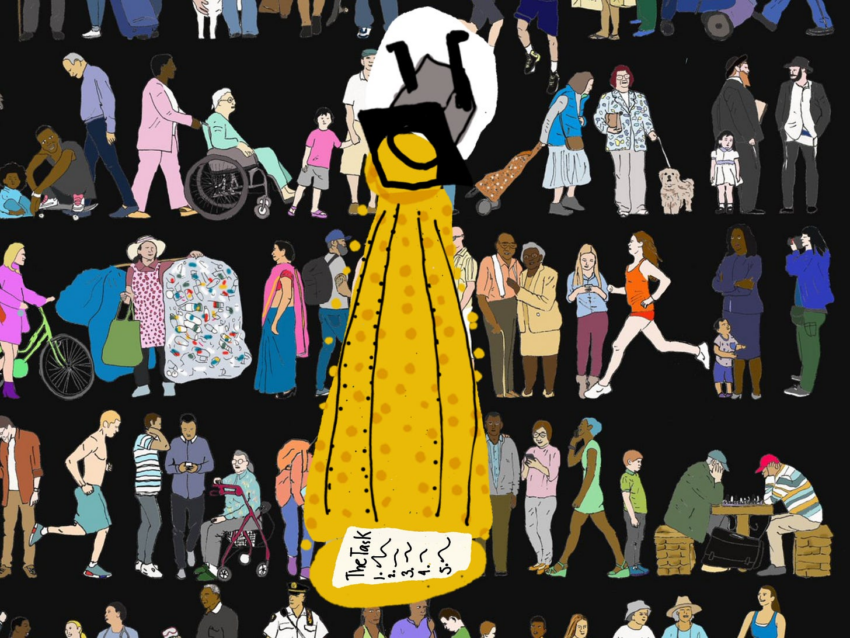If you feel stuck or overwhelmed, shining a spotlight on familiar choices might actually blind you to the insights and options you need.
Dear Readers,
When you walk into the workshop room, the first thing you notice isn’t the slides or the laptops, it’s the hum of conversation.
-
A teacher in the corner is telling how her students created a “reading underground” when the school library was closed for renovations, trading books in secret like rare treasures.
-
Across the table, a principal is laughing about the time a guest storyteller sparked a schoolwide mystery club.
You came to learn the new reading curriculum. But before the facilitator even begins, you’ve already learned something else: this room is full of stories, perspectives, and experiences you didn’t expect.
And then the presentation starts.
Objectives appear as bullet points. There are implementation timelines and assessment frameworks. It looks like every workshop you’ve ever been to.
This brings you into what neuroscientists sometimes call spotlight mode. Your attention beams down on the task at hand, filtering out anything that doesn’t seem directly related to the goal.
Spotlight mode is efficient. It keeps us on track. It helps us get things done. It’s what a lot of adults do, or think they are supposed to do. Focus. Concentrate. Filter out things that are not relevant. Give full attention to a prescribed goal.
The background image above is by Mona Chalabi.
But there’s a side effect to the spotlight: invisibility. Missing clues. No context.
When the spotlight is too narrow, everything outside the beam fades.
Like the teacher across the aisle who grew up bilingual and sees reading instruction through the lens of translation and identity. Or the principal who turned the school library into a storytelling hub because she believes books should be loud sometimes. Or the former journalist-turned-teacher who hears a headline in every classroom moment.
All of that stays hidden in the shadows in spotlight mode.
And yet, what if the human side of this room isn’t extra, but essential?
Click this link for the original source of this article.
Author: Dr. Jane R. Shore
This content is courtesy of, and owned and copyrighted by, https://schoolofthought.substack.com and its author. This content is made available by use of the public RSS feed offered by the host site and is used for educational purposes only. If you are the author or represent the host site and would like this content removed now and in the future, please contact USSANews.com using the email address in the Contact page found in the website menu.






